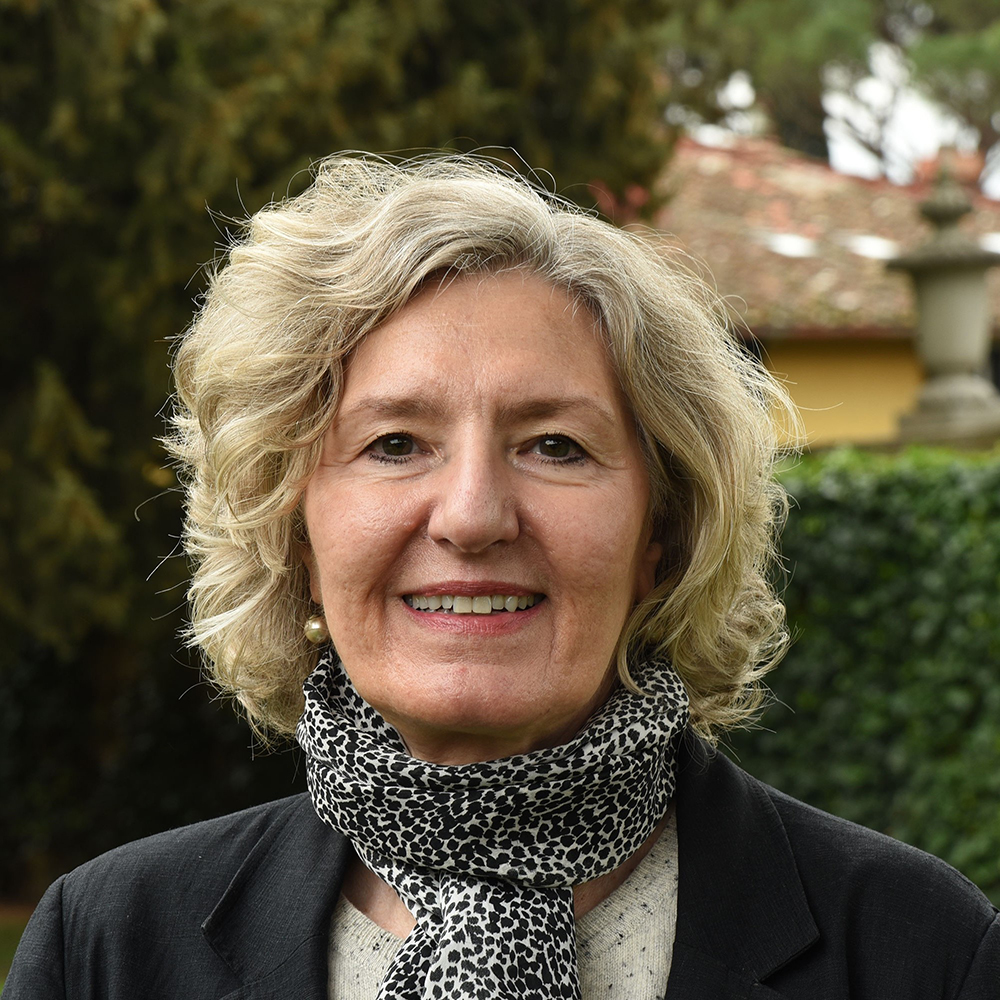Sharon T. StrocchiaProfessor
Sharon Strocchia, Professor (B.A., Stanford University; M.A., Ph.D., University of California, Berkeley); social and cultural history of Renaissance Italy; gender and sexuality in early modern Europe; health and medicine in the premodern world. I am the author of three monographs and two edited volumes, as well as several dozen articles. My books include Death and Ritual in Renaissance Florence (1992); Nuns and Nunneries in Renaissance Florence (2009), awarded the Marraro Prize by the American Catholic Historical Association; and Forgotten Healers: Women and the Pursuit of Health in Late Renaissance Italy (2019). The latter won book prizes from the Society for Italian Historical Studies, the Renaissance Society of America, and the History of Science Society. My edited volumes include Women and Healthcare in Early Modern Europe (special issue of Renaissance Studies, Vol. 28, no. 4, September 2014), and Gender, Health, and Healing, 1250-1550 (2020), co-edited with Sara Ritchey. The latter was named co-winner of the Collaborative Project Award by the Society for the Study of Early Modern Women and Gender. Several of my articles have also won awards from the American Society of Church History, Sixteenth Century Studies Association, and Society for Renaissance Studies.
My current research interests center on health and healing in the early modern world, particularly in relation to gender. I am interested in the intersection between knowledge practices and commercial activities, on the one hand, and everyday practices of care and cure, on the other. My next book project combines medical history, business history, and the history of print culture to historicize the development of public trust in pharmaceutical remedies on the Italian peninsula between 1550 and 1650. Using a variety of print and unpublished archival sources, I explore the process for patenting new remedies, which often involved the use of human subjects in early forms of clinical trials, as well as medical advertising and other innovative marketing practices. The book speaks to the evolution of modernity by investigating nascent issues of intellectual property, the creation of the consumer, and questions of trust saturating early modern commerce.
Over the years, my research has been generously supported by various agencies. I would like to thank the American Academy in Rome, American Council of Learned Societies, the Harvard University Center for Italian Renaissance Studies, the Institute for Advanced Study (Princeton), the Institute for Research in the Humanities at the University of Wisconsin, the National Humanities Center, the Renaissance Society of America, and the Fox Center for Humanistic Inquiry at Emory for their support. It is my privilege to serve on the advisory boards for the Medici Archive Project and Oxford Bibliographies Online, as well as on the editorial boards of several journals ( Early Modern Women; Journal of Modern History;Renaissance Studies) . In Spring 2022 I was a Visiting Professor at the Harvard University Center for Italian Renaissance Studies, Villa I Tatti, Florence.
Interests
- Social and cultural history of Renaissance Italy
- Women and gender in early modern Europe
- History of health and medicine in the premodern world
- Digital mapping
